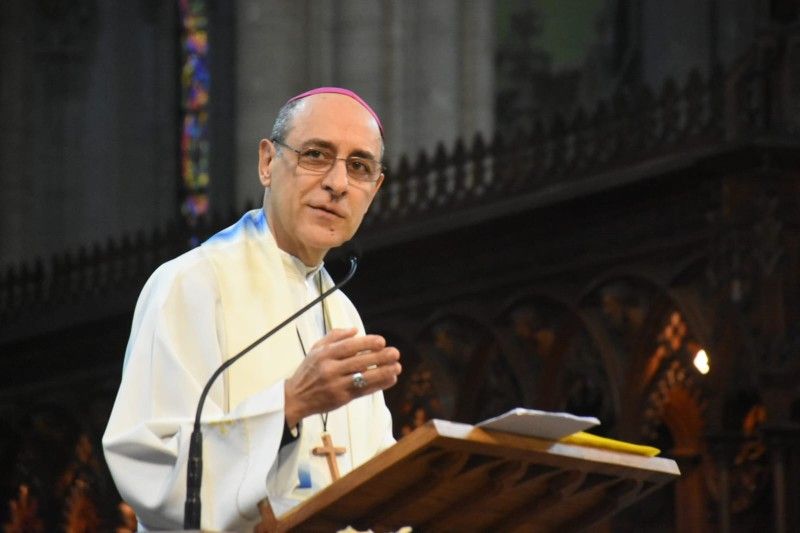- Feb 5, 2002
- 166,616
- 56,251
- Country
- United States
- Faith
- Catholic
- Marital Status
- Married
- Politics
- US-Others
The move toward so-called inclusive language finds its origins in the feminist movement where activists considered sexist the generic masculine form of words, which has perennially been understood to include both men and women.
In the past, for example, no one thought of challenging “for the good of mankind” as excluding women. However, the feminist movement drew heightened sensitivity to what activists considered the “patriarchal” nature of language.
Various publications started to use terms or forms of words that made it clear that a job could be performed by both men and women. Hence “fireman” became “firefighter” and “mankind” became “humankind,” etc.
While some of these changes are not that dramatic or noticeable in English, introducing inclusive wording in languages such as Spanish, where nouns are either grammatically masculine or feminine, becomes quite obvious due to the novel alteration of noun endings.
Gender-neutral language has similarly become an issue in Germany, as German nouns are also either masculine or feminine.
Inclusive language has also been identified as “one of the tools” of gender ideology, a school of thought that has been repeatedly criticized by the Catholic Church.
Pope Francis has warned about this school of thought on several occasions. As recently as March 1, for example, the Holy Fatherpointed out that gender ideology “erases differences and makes everything the same; erasing differences is erasing humanity.”
Continued below.

 www.catholicnewsagency.com
www.catholicnewsagency.com
In the past, for example, no one thought of challenging “for the good of mankind” as excluding women. However, the feminist movement drew heightened sensitivity to what activists considered the “patriarchal” nature of language.
Various publications started to use terms or forms of words that made it clear that a job could be performed by both men and women. Hence “fireman” became “firefighter” and “mankind” became “humankind,” etc.
While some of these changes are not that dramatic or noticeable in English, introducing inclusive wording in languages such as Spanish, where nouns are either grammatically masculine or feminine, becomes quite obvious due to the novel alteration of noun endings.
Gender-neutral language has similarly become an issue in Germany, as German nouns are also either masculine or feminine.
Inclusive language has also been identified as “one of the tools” of gender ideology, a school of thought that has been repeatedly criticized by the Catholic Church.
Pope Francis has warned about this school of thought on several occasions. As recently as March 1, for example, the Holy Fatherpointed out that gender ideology “erases differences and makes everything the same; erasing differences is erasing humanity.”
What does inclusive language mean?
Continued below.

What is inclusive language and why is it dangerous?
Inclusive language has been identified as “one of the tools” of gender ideology, a school of thought that has been repeatedly criticized by the Catholic Church.
